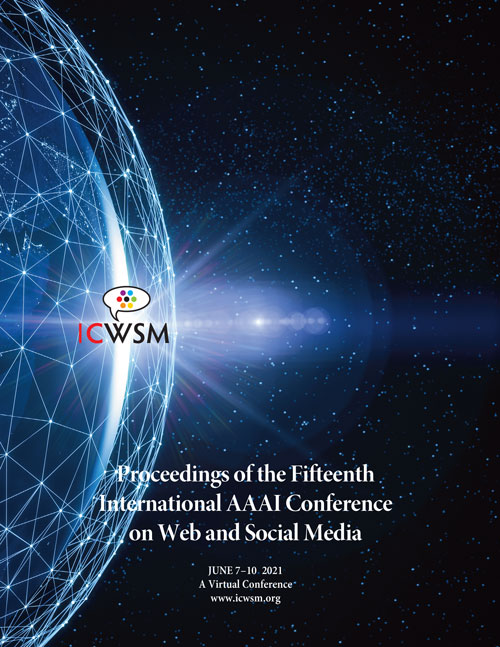Political Polarization in Online News Consumption
DOI:
https://doi.org/10.1609/icwsm.v15i1.18049Keywords:
Measuring predictability of real world phenomena based on social media, e.g., spanning politics, finance, and health, Engagement, motivations, incentives, and gamification., Qualitative and quantitative studies of social media, Studies of digital humanities (culture, history, arts) using social mediaAbstract
Political polarization appears to be on the rise, as measured by voting behavior, general affect towards opposing partisans and their parties, and contents posted and consumed online. Research over the years has focused on the role of the Web as a driver of polarization. In order to further our understanding of the factors behind online polarization, in the present work we collect and analyze Web browsing histories of tens of thousands of users alongside careful measurements of the time spent browsing various news sources. We show that online news consumption follows a polarized pattern, where users' visits to news sources aligned with their own political leaning are substantially longer than their visits to other news sources. Next, we show that such preferences hold at the individual as well as the population level, as evidenced by the emergence of clear partisan communities of news domains from aggregated browsing patterns. Finally, we tackle the important question of the role of user choices in polarization. Are users simply following the links proffered by their Web environment, or do they exacerbate partisan polarization by intentionally pursuing like-minded news sources? To answer this question, we compare browsing patterns with the underlying hyperlink structure spanned by the considered news domains, finding strong evidence of polarization in partisan browsing habits beyond that which can be explained by the hyperlink structure of the Web.Downloads
Published
2021-05-22
How to Cite
Garimella, K., Smith, T., Weiss, R., & West, R. (2021). Political Polarization in Online News Consumption. Proceedings of the International AAAI Conference on Web and Social Media, 15(1), 152-162. https://doi.org/10.1609/icwsm.v15i1.18049
Issue
Section
Full Papers

